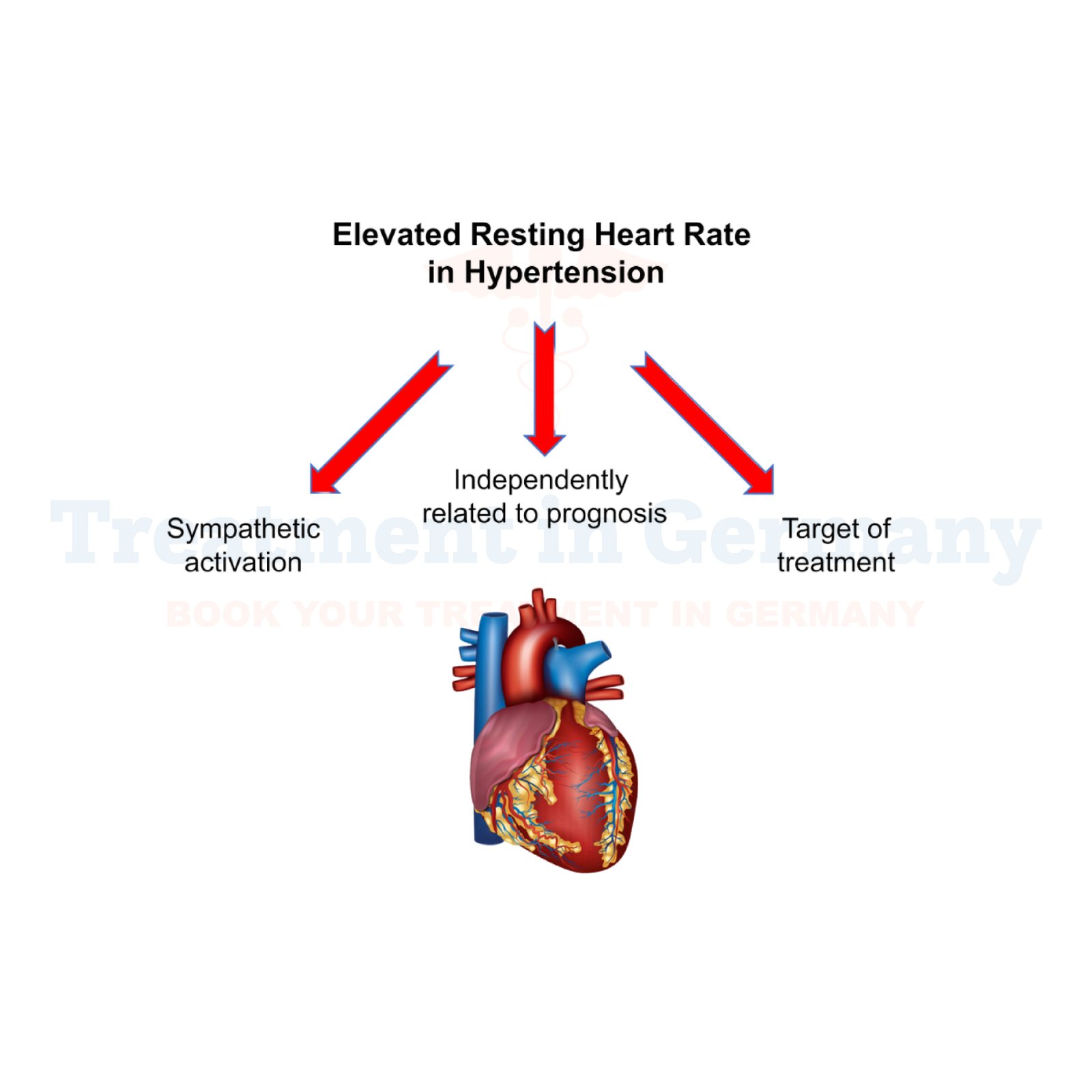What is Hypertension (Pediatric)?
Hypertension, commonly known as high blood pressure, can also affect children and adolescents. Pediatric hypertension refers to elevated blood pressure levels in individuals under the age of 18.
This condition is increasingly recognized due to lifestyle changes, obesity, and other underlying health issues that can impact cardiovascular health from an early age.
Side Effects of Hypertension (Pediatric)
If left untreated, pediatric hypertension can lead to serious health complications. These may include:
- Cardiovascular Issues: Such as heart disease, stroke, and damage to the blood vessels.
- Organ Damage: High blood pressure can affect the kidneys, leading to kidney disease or failure.
- Vision Problems: Damage to the blood vessels in the eyes can result in vision impairment or loss.
It's important for parents and caregivers to be aware of these risks and seek timely medical attention to manage and treat pediatric hypertension effectively.
How is Hypertension (Pediatric) Diagnosed?
Diagnosing pediatric hypertension involves several steps:
- Blood Pressure Measurement: A healthcare provider will measure the child’s blood pressure using a blood pressure cuff and stethoscope or an automated device.
- Multiple Readings: Since blood pressure can vary, multiple readings are often taken during different visits to confirm the diagnosis.
- Evaluation: The healthcare provider will also assess the child’s medical history, family history, and conduct a physical examination to determine any underlying causes or risk factors.
Potential Treatment of Hypertension (Pediatric)
Treatment of pediatric hypertension aims to lower blood pressure and reduce the risk of complications. Depending on the severity and underlying causes, treatment options may include:
- Lifestyle Changes: Encouraging a healthy diet low in sodium and saturated fats, regular physical activity, and weight management.
- Medications: In some cases, medications may be prescribed to help lower blood pressure when lifestyle changes alone are not sufficient.
- Monitoring and Follow-Up: Regular monitoring of blood pressure levels and follow-up visits with healthcare providers are essential to assess the effectiveness of treatment and make any necessary adjustments.
👉 Contact us for further information and receive a complimentary consultation.


.webp)
 (1).webp)

.webp)
 (1).webp)


.webp)
 (1).webp)

.webp)
 (1).webp)
